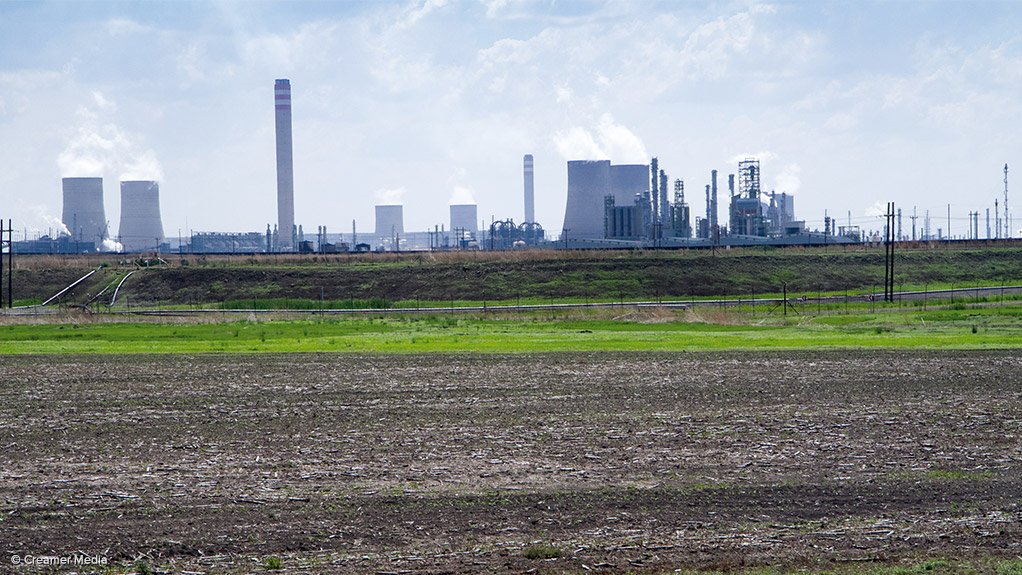The implementation of carbon tax in South Africa was set for the middle of next year, said National Treasury chief director of economic tax analysis Cecil Morden on Thursday.
“We are currently busy with the legislation, and we hope to have that legislation out within the next month or two. We are nearly there,” he said, speaking at the Transport Forum, in Johannesburg.
“There will be another round of consultation once the legislation has been published.”
Morden said South Africa was not “running ahead” of the world with the legislation, but “following”, with similar tax regimes implemented in countries such as Chile and Mexico.
“What is the carbon tax design? Briefly, it is a proposal of a [tax at] R120 per ton of carbon dioxide emissions, which is today slightly less than $10.
“As an emerging economy we indicated that we are moving in this [direction], but that we have to take it a bit slow, and, therefore, we have quite significant tax-free thresholds. We have a basic tax-free threshold of 60%, so you only pay 40% of the R120.”
“We will revisit this in five, six years’ time.”
The proposed tax will hit heavy emitters such as Eskom, ArcelorMittal and Sasol hard.
Speaking at the same forum, economist Mike Schussler was highly critical of the introduction of carbon tax in South Africa.
He said the carbon tax would not be ring-fenced to “help the environment”, but would go into the general State coffers.
He added that South Africans and South African companies already carried a high tax burden.
The mining industry, which would also have to pay carbon tax, faced severe challenges in that the price of platinum, coal, gold and iron-ore had more than halved in price from four years ago in dollar terms. This industry also battled labour unrest and erratic power supply.
“Why don’t we just switch off the lights permanently?”
The transport industry would be hit “quite hard” with carbon taxes, added Schussler.
“We are going to make ourselves more expensive and less competitive.”
Considering the fact that Transnet and oil refineries would also have to pay carbon tax, he believed this tax would, over time, be passed on to consumers, and make logistics costs in South Africa “even higher”.
Schussler also questioned why government was building new coal-fired power stations if it was “genuinely trying to create carbon-efficiency”.
EMAIL THIS ARTICLE SAVE THIS ARTICLE
To subscribe email subscriptions@creamermedia.co.za or click here
To advertise email advertising@creamermedia.co.za or click here











